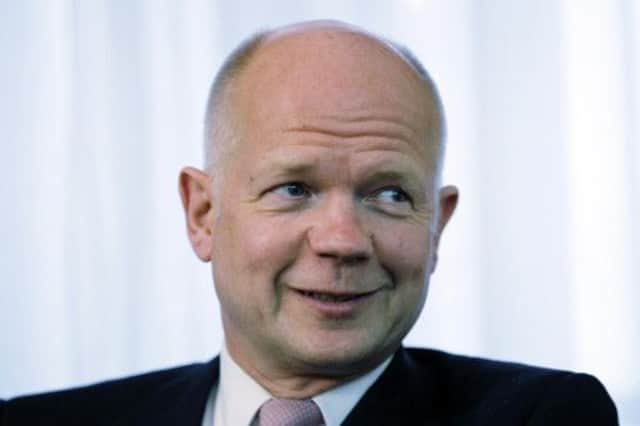Analysis: A glimpse into euro renegotiation


The “red card” vision, where national parliaments are handed powers to block legislation drawn up in the EU, is the first bit of flesh on the bone of what an EU membership renegotiation promised by David Cameron in January would entail.
It would replace the current “yellow card” system built into the Maastricht Treaty where national parliaments can flag up objections but not actually stop new laws from Brussels.
Advertisement
Hide AdAdvertisement
Hide AdThe proposal is a key part of what many now see as an inevitable move towards a multi-speed EU where some, like the UK, are out of the eurozone and essentially only want to be part of the single market, while others are forced to move towards much greater integration to keep the currency from collapsing.
There have been mixed signals from Berlin, but Mrs Merkel has hinted she might be in favour of a multi-speed Europe, if it allows the eurozone members to get on more quickly with the integration she believes is badly needed.
If the Germans are to support the red card proposal and others which will be made in the coming months, Hague and Cameron can tell their eurosceptic back-benchers that there is an alternative to leaving the EU altogether. It also gives them something positive with which to take on the threat from Ukip in key marginals.
Cameron’s objective is to kill off the EU issue but do it in a way that keeps the UK as members. For him to succeed at home, he needs powerful allies which is why it was so important for Hague to go to Berlin.